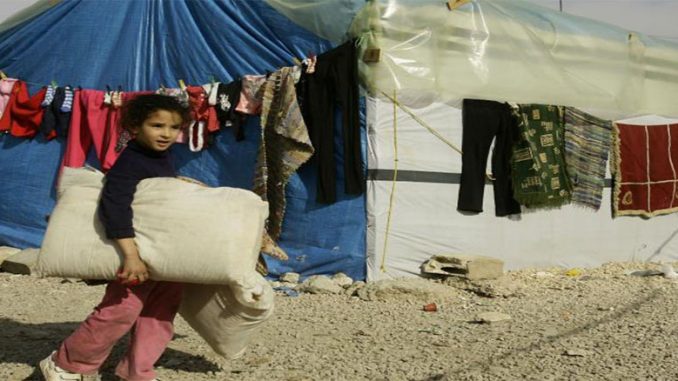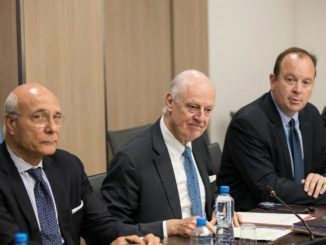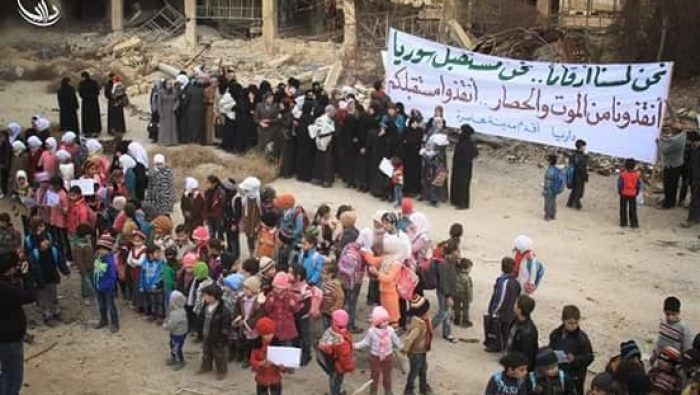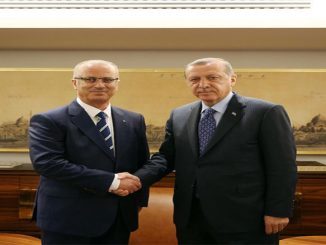
Millions of Syrian refugees living in Lebanon’s borders have caused huge pressure to public services and infrastructure, according to the Lebanese Prime Minister Saad Hariri.
Lebanon has reached “breaking point” Prime Minister Saad Hariri warned on Friday, due to the pressures caused by one million plus Syrian refugees living inside the country.
“This issue has reached a breaking point for us in Lebanon. We want the international community to hear us and understand that Lebanon is facing a crisis,” Hariri told foreign media in Beirut.
Hariri appealed for foreign aid to help the fragile government keep the country running, where black-outs and water shortages were already common place.
Since war in neighbouring Syrian broke out in 2011, over a million of the five million refugees fled for Lebanon adding significantly to the country’s 4.5 million population.
This has added further pressures to already overwhelmed fragile infrastructure and social services.
Hariri made his appeal a week before an international conference on the post-conflict future of Syria by the EU and UN in Brussels.
He said international aid was urgently needed to bolster schools, roads, social services and security in Lebanon.
Hariri said $10,000 to $12,000 per refugee” was needed for “over five to seven years” to maintain Lebanon’s crumbling infrastructure.
In addition to the pressures on infrastructure he also warned that Lebanon’s delicate security and balance of power could explode due to “huge tensions” between Lebanese and Syrians.
“I fear civil unrest,” he said, commenting at the continued fears that demographic inbalances could lead to conflict between armed groups.
Classrooms had doubled over the past six years, in part due to the number of Syrian refugee children entering schools.
“Some say we should have refugee camps in Lebanon, I say Lebanon has become a big refugee camp,” Hariri said.
However, activists have warned that the government is not doing enough to assist Syrians with huge numbers of refugee children out of school and many fearful about being picked up for police.
Due to strict immigration rules, Syrians are restricted to a number of menial, low-paid jobs while numerous cases of child labour have also been reported.
Cases of abuse and racist attacks have been reported against refugees, while the Lebanese Shia militia Hizballah is helping the Syrian regime lay waste to large parts of Syria forcing millions from their homes.
Lebanon’s infrastructure, meanwhile, has already been devastated from a 15-year civil war that ended in 1990, and is shackled with endemic corruption, political impasse and chronic debt.



